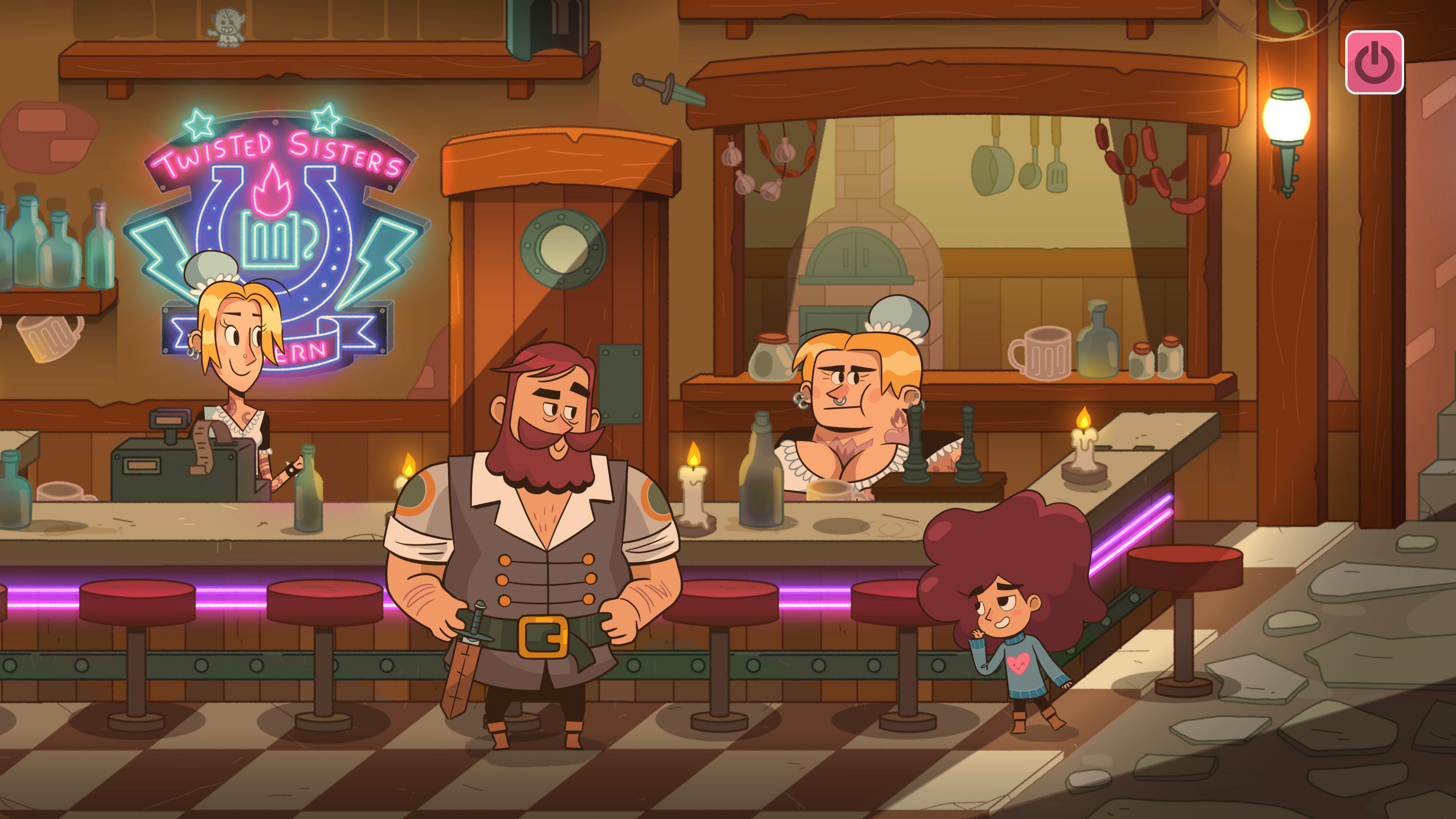Programming as an Act of Service to Writers, Artists, and Designers
Key Highlights :

Programming is often seen as a technical skill, but it should also be seen as an act of service to writers, artists, and designers. As a programmer, it is my job to make sure that the game’s concept, story, and world get into the hands of players to experience it. I recently had the opportunity to work as the lead developer on a new game called Lil’ Guardsman, and it was a great experience that taught me the importance of programming as an act of service.
When I first saw the posting for the lead/solo dev role on Work With Indies from a brand new studio in Toronto, Canada called Hilltop, I knew I had to take the job. I was immediately drawn to the potential of the game, and I started to think about how I could design and construct a codebase that would support their vision. As I played the vertical slice they had made with a different developer, I identified three technical pillars of the game that I’d need to build for.
The first pillar was the need for multiple different conversation systems - both graphical and pure text. After discussing this with the game director Scott Christian, who was responsible for leading the writing team, I suggested they use Yarn Spinner. This was the best solution for the project due to its ability to scale, as well as its localization and quick editing capabilities.
The second pillar was the need for a ‘twitch’ aspect to the gameplay, due to the fact that it occurs in real-time. I had to create a framework that could accommodate timers and other specific requirements to make the game as exciting as possible.
The third pillar was the need for a slower, more methodical type of game. Instead of a tight time-limit forcing players to rapidly analyze documents, I had to create a framework that allowed players to take their time, breathe, and then decide someone’s fate.
I was lucky to have the help of an additional programmer, Adolfo, who had been working on a different Hilltop game project. With his help, we were able to bring the game to life and create a stable code foundation that could support the variety of gameplay.
As I wrap up my work on Lil’ Guardsman, I am reminded of the importance of programming as an act of service. It is my job to make sure that the game’s cool, funny concept, and great story and world get into the hands of players to experience it. Although none of it would happen without us, programming should be kind of invisible. If nothing breaks, it's a good product.
I hope that people discover our funny, witty, and heartwarming game, and I am proud to have been a part of it. Programming is not just a technical skill, it is an act of service to writers, artists, and designers.
